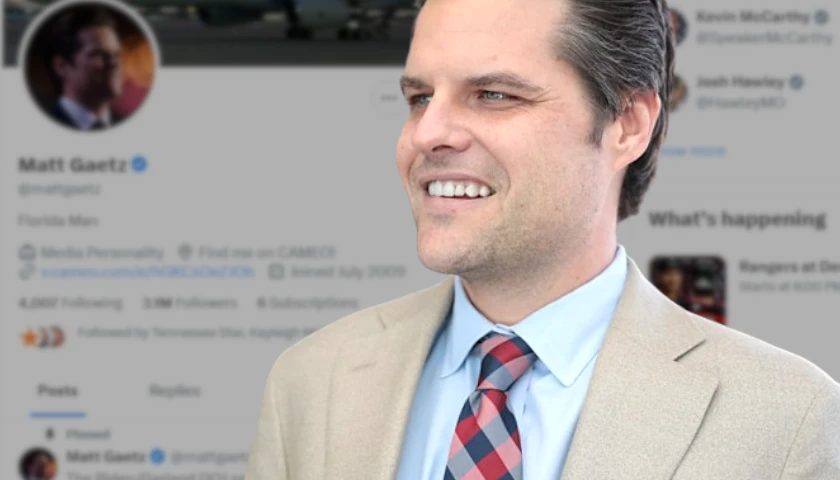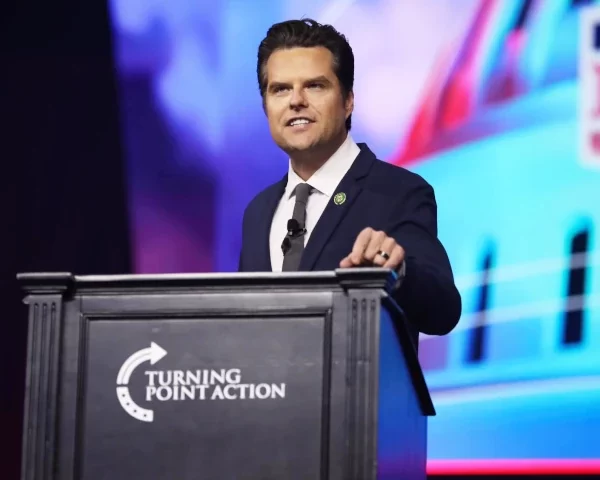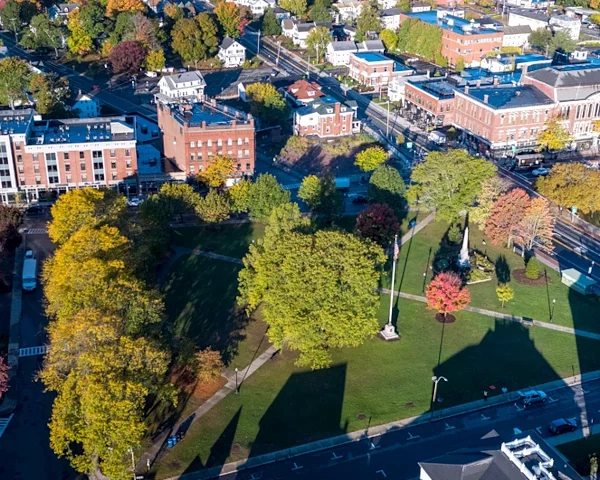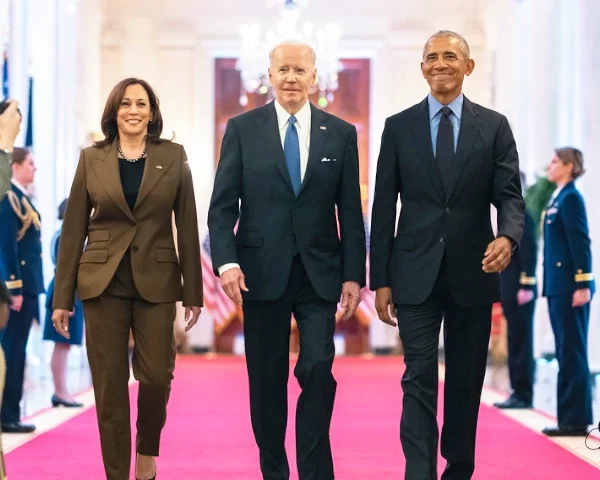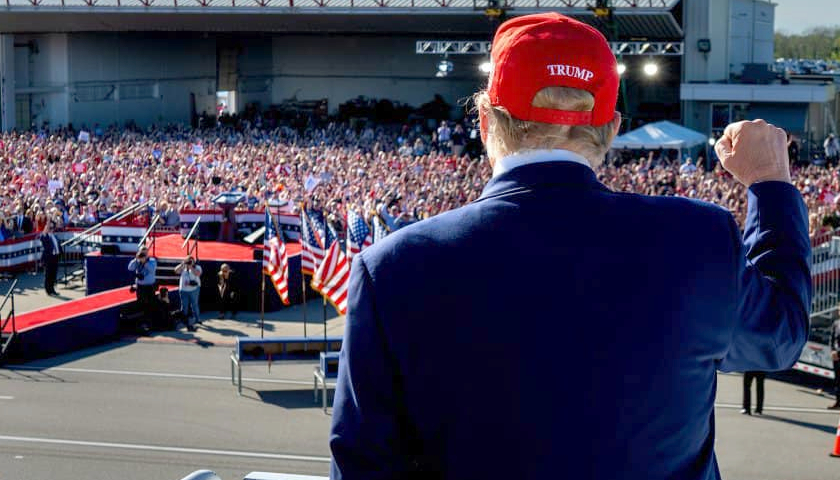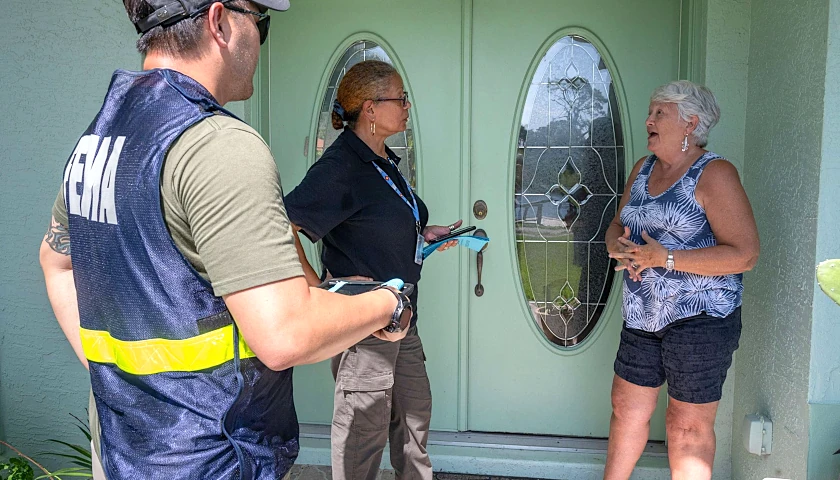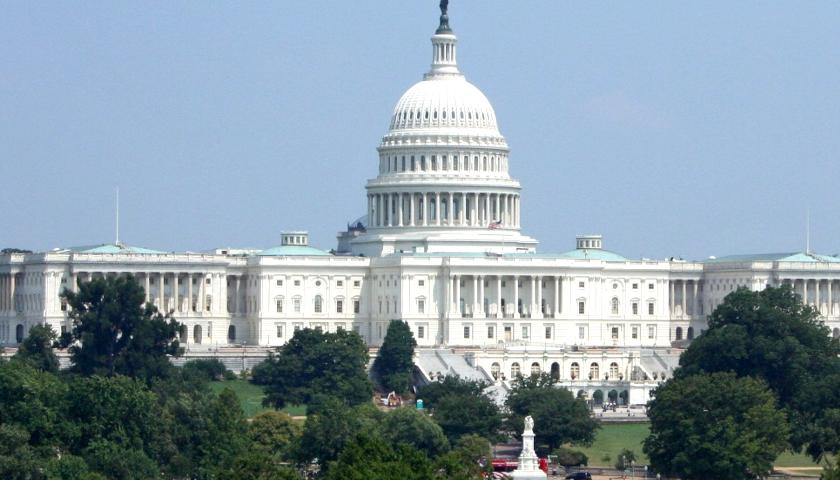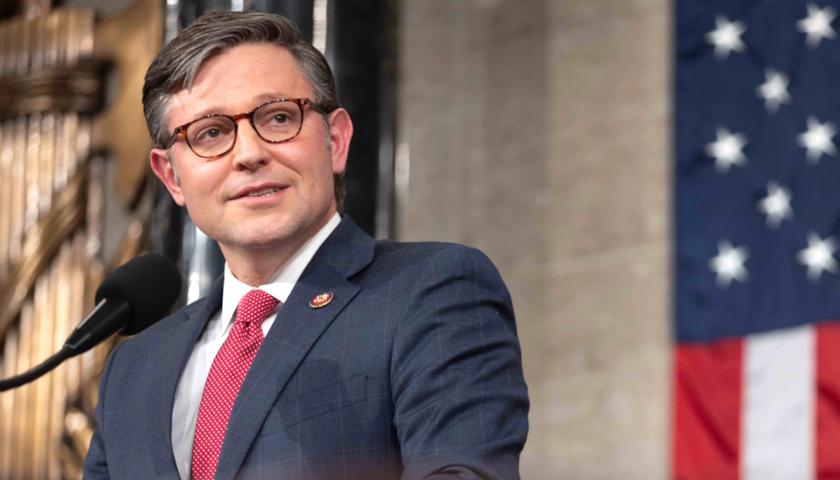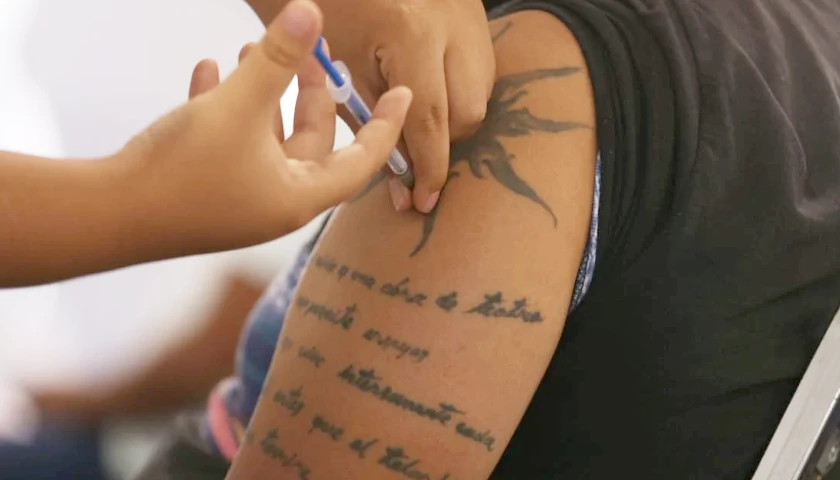National
Read More
Trending
Continued
Retailer T.J. Maxx and automaker Kia are listed as co-sponsors of a program that distributes LGBTQ-themed books to K-12 schools across the U.S., according to a Wednesday report from conservative nonprofit Consumers’ Research obtained by the Daily Caller News Foundation.
The initiative, titled the Rainbow Library, is run by national LGBTQ+ activist organization the Gay, Lesbian and Straight Education Network (GLSEN), and sends participating teachers books that push transgenderism and homosexuality onto kids as young as five, Consumers’ Research found. Over 8,100 schools in 33 states nationwide participate in the program.
As transgender issues have risen in prominence, a patchwork of federalism has emerged, with red states taking a firm stand against the mutilation and chemical castration of young people and blue states declaring themselves “sanctuary states” for transgender youth.
States like Idaho, Florida, Alabama and North Dakota have taken a strong stand against the chemical castration or mutilation of minors, making it a felony to drug or operate on children under the age of eighteen for the purposes of changing their gender.
The Supreme Court announced on Wednesday that it will hear arguments about whether federal law can ban Tiktok, according to The Associated Press.
The justices will hear arguments on January 10, right before Tiktok’s January 19 sale deadline.
Florida Attorney General Ashley Moody on Wednesday secured an arrest warrant for attempted felony murder against Ryan Routh, according to a press release.
Routh, who allegedly attempted to assassinate President-elect Donald Trump while he played golf at Mar-a-Lago, is accused of causing a traffic accident that “gravely injured a six-year-old girl” after fleeing Trump’s West Palm Beach golf course.
President-elect Donald Trump and Vice President-elect J.D. Vance on Thursday slammed the continuing resolution before Congress and told Republicans to call Democrats' bluff on a government shutdown.
Just weeks before President-elect Trump announced that Dr. Jay Bhattacharya would be his nominee to lead the National Institutes of Health (NIH), Dr. Bhattacharya and I were together at Stanford University for a bold, first-of-its-kind symposium on public health decision making during the COVID-19 crisis. The idea behind the symposium was to shatter the public health echo chamber and bring diverse perspectives together in respectful dialogue. Dr. Bhattacharya and I are close friends, but our backgrounds are quite different. He is firmly at home at Stanford, having gone there as an undergraduate, and then going on to get a medical degree and a Ph.D. there before joining the faculty as a Professor of Health Policy. I, on the other hand, am a blue-collar Midwesterner who enlisted the in U.S. Navy after high school. I carry no titles of academic distinction and was likely the only participant at the symposium without a medical degree or PhD.
Yet, I was invited by Stanford to moderate the symposium’s opening panel with seven leading public health authorities from top institutions across the world. What brought me into this unusual position was my expanding work to rebuild truth and trust in public health—a collaboration that began with former NIH Director Dr. Francis Collins and the Braver Angels organization, which is nation’s largest movement working to bridge the partisan divide.
The House Administration Oversight Subcommittee and its chairman Barry Loudermilk on Tuesday released an interim report on the Jan. 6 Capitol riot, concluding the attack was preventable and also asking for an investigation into former Rep. Liz Cheney for criminally tampering with a witness during the Democrat-led congressional inquiry of the tragedy.
“Based on the evidence obtained by this Subcommittee, numerous federal laws were likely broken by Liz Cheney, the former Vice Chair of the January 6 Select Committee, and these violations should be investigated by the Federal Bureau of Investigation,” the report released by the House Administration Oversight Subcommittee and its chairman Barry Loudermilk stated.
Luigi Mangione, the suspected shooter of the late UnitedHealthcare CEO Brian Thompson, was indicted by a grand jury in New York on Tuesday on one count of first-degree murder, according to the Manhattan district attorney's office.
The 26-year-old was arrested at a McDonald's in Pennsylvania on Dec. 9, following a major manhunt. He has been formally charged in Pennsylvania with one count of murder, two counts of second-degree criminal possession of a weapon, one count of second-degree possession of a forged document, and one count of third-degree criminal possession of a firearm.
President-elect Donald Trump sued The Des Moines Register and its former pollster J. Ann Selzer on Monday for election interference, according to Fox News.
Selzer released a poll on November 1 showing Kamala Harris beating Trump in Iowa by 3 points. This poll was considered an outlier as another poll released the same day by Emerson showed Trump winning the state by 10 points.
The Department of Homeland Security (DHS) announced changes on Tuesday to the H-1B program that will enhance the abilities of American companies to fill job vacancies.
The government says the new rule will “modernize” the H-1B program by simplifying the approvals process, giving employers more flexibility in retaining workers, and enhancing program oversight, according to the DHS press release.
Never in U.S. history has a president-elect been welcomed as the real president before his January 20 inauguration. And never has the incumbent president so willingly surrendered his last two months in office and all but abdicated—to the relief of his nation and the rest of the world.
One reason so many are welcoming Trump’s return is the universally desperate hope that his election spelled an end to a collective madness at home and its ripples abroad during the last four years. And why not?
According to a federal survey of school leaders, 40% of students in the nation’s public schools were behind grade level in one or more subjects at the beginning of the school year.
The National Center for Education Statistics (NCES) announced its findings this week that the percentage of students school leaders estimated to be behind where they should be was down 7% from the 2022-23 school year but still 8% higher than before the pandemic.
Dozens of media outlets are reporting in unison that Donald Trump cannot stop the U.S. government from awarding birthright citizenship to the children of illegal immigrants. They claim this is the case because the 14th Amendment of the U.S. Constitution requires it.
In reality, the legislative history of the 14th Amendment is clear that it only grants birthright citizenship to the children of people who are legally and permanently living in the United States. This does not apply to the children of illegal immigrants, temporary residents, visitors, or tourists.
Journalist Ben Bergquam of Real America’s Voice (RAV) took a trip to the U.S.-Mexico border recently, where he documented the surge in illegal immigrants coming across the border into the U.S. using the Biden administration’s CBP One mobile app. The app assists them with crossing the border illegally, allowing them to make appointments so a bus will drive them across instead of sneaking across, and they can then choose where they want to fly to within the U.S.
During an interview with War Room’s Steve Bannon, Bergquam summarized the process. “There's this entire operation — I call it the illegal alien industrial complex — where you've got our politicians working with United Nations, and all these NGOs working directly with the cartels in some cases, and often cases, especially in places like this — cartel-controlled territories of Mexico — working directly with them on who to send where, when to send them. So CBP One is used as a distraction. You take Border Patrol and Customs and Border Protection resources off the border to process these guys, so then they can traffic all these other guys that are riding on the beast that are coming through all these other parts of the border.”
President-elect Donald Trump said on Monday that he would consider a pardon for New York City Mayor Eric Adams, a Democrat, who was indicted in September.

